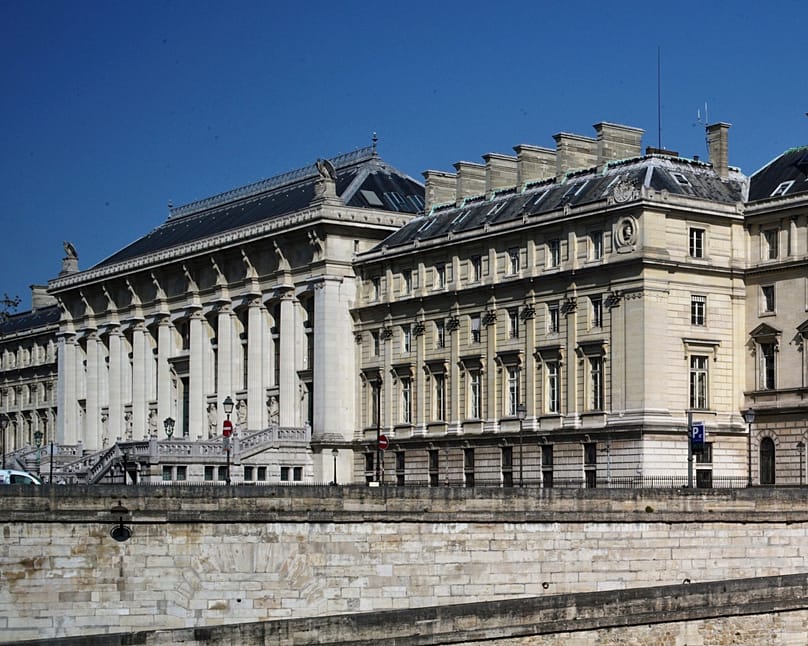The landmark trial is only possible because of a French law which allows its courts to try suspected crimes against humanity that took place overseas.
The former Congolese rebel leader Roger Lumbala has gone on trial in Paris over his alleged complicity in crimes against humanity committed two decades in the eastern Democratic Republic of Congo (DRC).
The 67-year-old led the Congolese Rally for National Democracy, a Uganda-backed rebel group that was active in the Second Congo War between 1998 and 2003.
The group perpetrated atrocities including executions, rape, forced labour and sexual slavery, according to the UN.
It particularly targeted the Nande and Bambuti ethnic minorities during its operations in the North Kivu and Ituri provinces in 2002 and 2003.
The verdict in the Lumbala case is expected on 19 December, following a month of hearings involving dozens of witnesses. If convicted, he could face life imprisonment.
After the war, Lumbala served first as a foreign trade minister and then as a member of parliament. In 2006, he unsuccessfully ran to be president of the DRC.
The Congolese government issued an arrest warrant for him in 2011, claiming he supported the M23 rebel group that operates in the east of the country.
The accusation led him to flee to France, where he was arrested in 2020 and indicted in 2023.
His trial, which started on Wednesday, comes under a French law that allows alleged crimes against humanity to be tried in France, regardless of where they took place.
Lumbala denies the charges against him, saying he was just a politician and did not control soldiers or volunteers.
Human rights groups have hailed the trial as "historic," with Vongai Chikwanda, Amnesty International's deputy regional director for East and Southern Africa, saying it sends "a clear signal" to those suspected of committing crimes in the DRC.
Chikwanda stressed that they "are mistaken if they believe they can hide in other countries away from scrutiny"
"All those committing crimes under international law and grave human rights violations in the DRC should be held individually accountable," she added.
Dozens of armed groups are still active in the mineral-rich east of the DRC, which has seen deadly conflict since the 1990s.
Earlier this year, the M23 rebel group, which is thought to be backed by neighbouring Rwanda, seized two key cities in the region. The fighting has reportedly killed thousands of people and displaced tens of thousands more.












